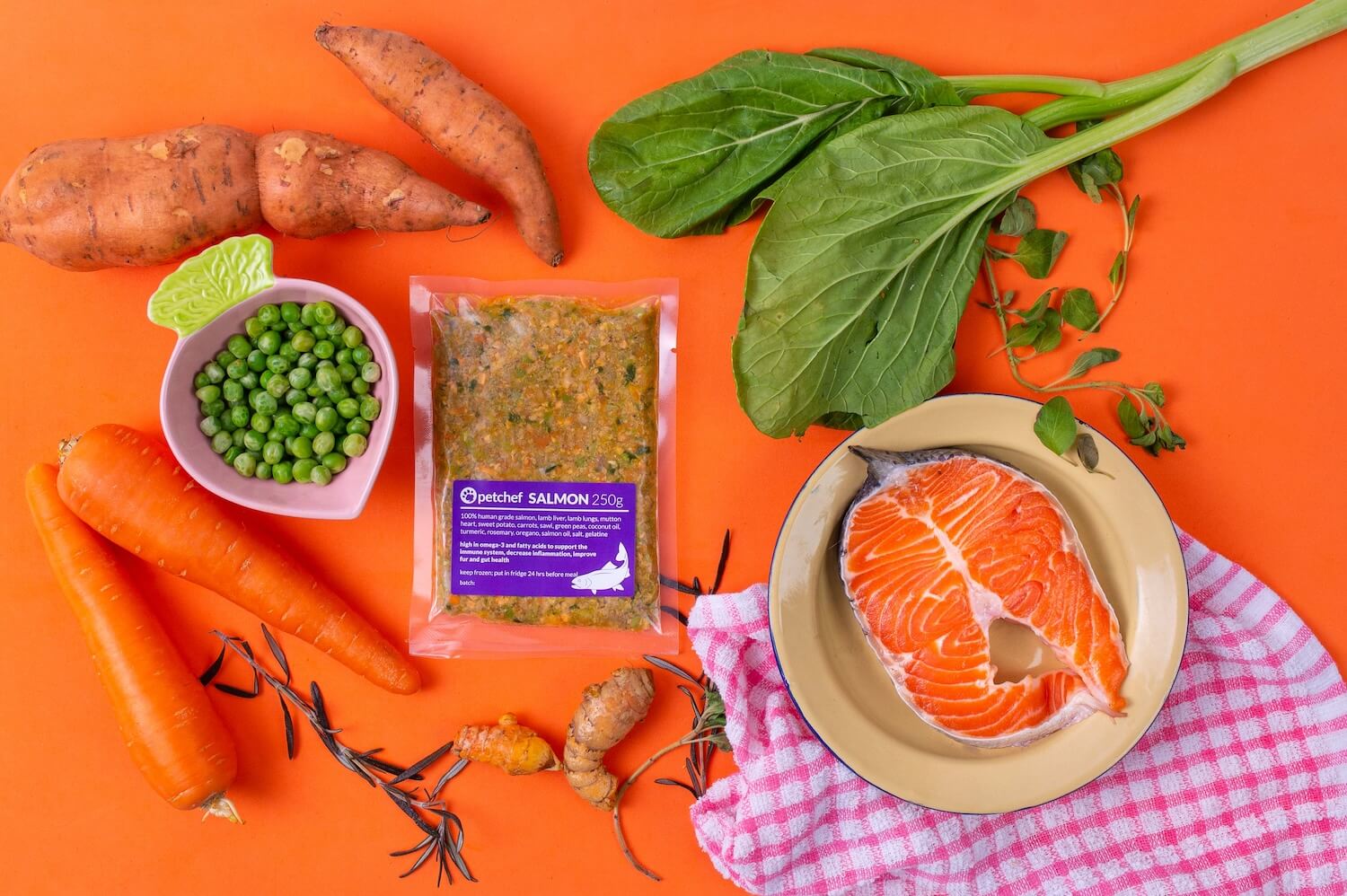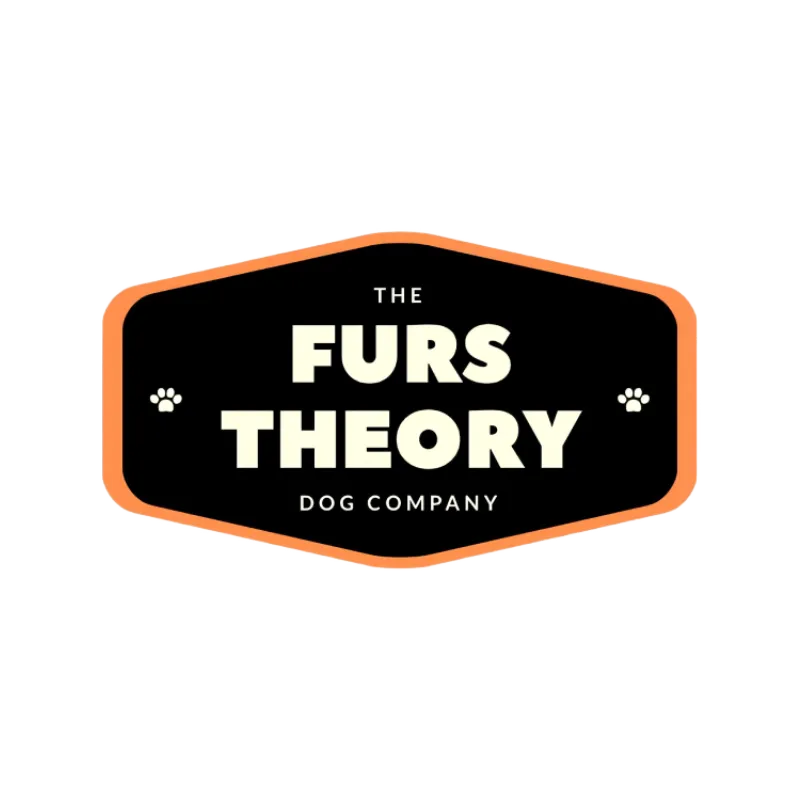A balanced diet for any living being should contain a suitable ratio of the 7 macronutrients namely carbohydrates, fats, dietary fiber, minerals, proteins, vitamins, and water. The general understanding of a dogs diet would be that they would require more proteins than carbohydrates as they are unable to digest fiber as well as we do.
They do also require additional vitamins and minerals for better overall health which is often not found in most protein and carb based diets for pets.
That being said, human multivitamins and supplements are not pet friendly.
Human vitamins and supplements usually contain the dosage of our daily requirements but supplements for pets would usually only contain 20% of that. Hence, while sharing a bottle of your supplements with your furkid may seem like a convenience, you could risk overdosing them instead.
Afterall, they do say that too much of a good thing can be a bad thing.
Hence, here are 5 essential nutrients that your furkid needs and how you can add it into their diet.
1. Multivitamins
Fresh fruits that are safe for dogs and cats to enjoy can be a great source of vitamins. However, they do take some preparation such as removing all peels and seeds and cutting into serving sizes. Plus, the high sugar content in most fruits makes it not an ideal food to be eaten in large amounts.
Hence, a chewable multivitamin would be a convenient and safer choice for your pets. It would usually contain:
- Vitamin A: For vision, immune health and growth
- A range of vitamin Bs: For metabolism and important functions such as immune response, hormone regulation, nervous system function, glucose generation, and more
- Vitamin C: Acts as an antioxidant, naturally produced in dogs via their livers
- Vitamin E: For cell function and fat metabolism
- Vitamin K: Helps with blood clotting
- Thiamine and Pantothenic Acid: For carbohydrate metabolism and energy regulation
- Riboflavin, B12, Niacin: For proper enzyme functions
Another alternative to multivitamin chews could also be pasture-raised raw eggs or organ meat blends.
2. Antioxidants
Commonly found in berries and foods rich in Vitamin C, Vitamin A, and Selenium, this nutrient is great for building a healthy immune system. It’s also beneficial for older dogs as it aids with mental function, agility, memory and health in older dogs. When paired with colostrum, it can help dogs that suffer from allergies and skin problems.
Antioxidants for dogs can be found in Astaxanthin supplements, Colostrum supplements, cold extracted green-lipped mussel powder, eggshell membranes and phytoplankton.
3. Glucosamine
If your furkid is having joint issues or you would like to slow down the effects of ageing on the degradation of their joint health, glucosamine supplements could be of help. As it is naturally found in cartilages, a chicken feet broth is an affordable and delicious alternative to supplements.
Besides the broth, fully cooked and tender chicken feet also makes a fun snack for your dog to chew on. However, do give those feet a proper manicure so the sharp chicken claws don’t hurt them.
4. Probiotics
Yup, it’s good for your digestion! And likewise for your furkid.
Probiotics help to regulate the good bacteria thus promoting a healthy gut by aiding digestion and reducing intestinal inflammation. It may also increase the frequency and quality of poop in dogs with sensitive tummies.
Plus, if your dog is or has just finished a round of antibiotics, a dosage of the supplement or some sugar-free plain yogurt could help to replenish the good bacteria in their gut.
However, even as plain yogurt contains a lower level of lactose than milk, do test feed a small amount first especially if your furkid is lactose intolerant.
5. Omega-3 Fatty Acids
Omega-3 oils are known for being beneficial to skin and hair health. Which is why here at Petchef we mix in a healthy dose of Omega-3 oils into our pet food.
Whole food alternatives to supplements include whole sardines and fermented fish stock. Should you want to feed these to your pup, do make sure they do not contain added salt to them.
-//-
Additional supplements are meant to add to your dog’s diet and not take over their entire diet. It’s always best to check with your veterinarian or a certified pet nutritionist to determine what nutrients and the dosage that’s appropriate for your pup.
Does your dog’s current diet have all the necessary vitamins and supplements? And do you want to incorporate those vitamins into your dog’s food in a fresh and nutritious manner? Our Petchef Advisors are always available to answer all your burning questions.
Feature Image Credit: Dog In Travel





















